The Henry Jackson Society’s Russia Studies Centre have released a report making clear the true scale of the Russian military’s activities around the UK.
The research reveals:
• From 2005 to 2016, the RAF’s Quick Reaction Alert (QRA) aircraft were scrambled on a total of 101 days in response to Russian military aircraft.
• How Russia is seeking valuable information about sensitive UK defence capabilities – including the “acoustic signature” made by Trident submarines and the sensitivity of the UK’s early warning systems
• In 2016 alone, the QRA was launched on five days. In 2017, the QRA has been launched twice thus far.
• NATO air scrambles, in Europe, almost doubled between 2014 and 2016
• Options for UK Government action, including wider bilateral agreements with Russia
Dr. Julian Lewis, Chair of the House of Commons Defence Select Committee (2015-ˇ2017) commentating on the report, said:
“Drawing on media reports and such official statistics as are available, Dr Foxall paints a worrying picture of the revival of Cold War Russian habits of probing our defences by sea and, especially, by air. Between 1992 and 2007, these incidents had all but ceased. Now they occur quite regularly, with notable increases in times of tension.
For NATO as a whole, Quick Reaction Alert ‘scrambles’ to deal with approaching Russian aircraft almost doubled (from 400 to 780 incidents) between 2014 and 2016. Dr Foxall’s recommendation to negotiate a UK-ˇRussia. Agreement on Preventing Dangerous Military Activities (DMA) is in everyone’s interest. It would build on similar agreements between Russia, the USA and Canada, and should be acted upon by the British Government.”
Dr. Andrew Foxall, Director of the Russian Studies Centre at The Henry Jackson Society, and author of the report said:
“There is a troubling picture of close encounters and emergency scrambles perpetuated by an aggressive Russian government. Although the UK government are taking the threat seriously, there are some immediate actions it could take. These Russian activities are best understood not in isolation, but rather as a part of the Kremlin’s increasingly assertive foreign policy toward the West.”
The report can be read in full here: Close Encounters




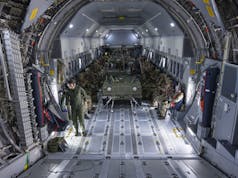
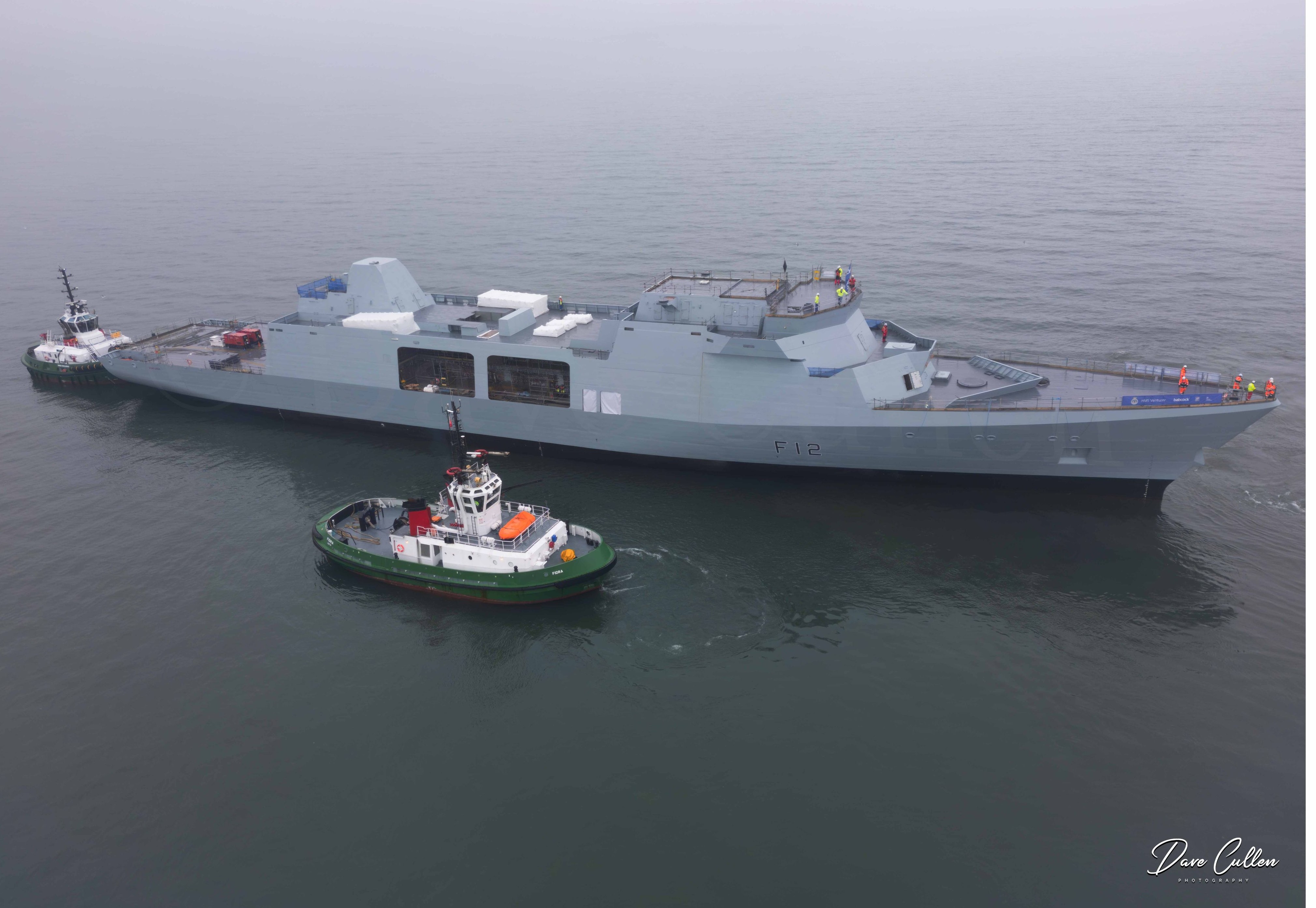
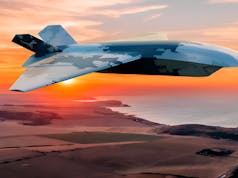

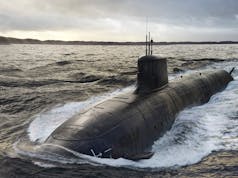
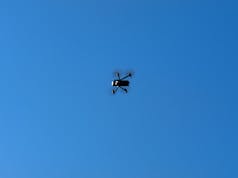
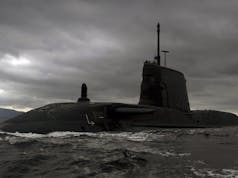

Typical of the current Russian leadership’s policy of re-asserting their perceived position in the world.
Let the babies have their bottle.
Putin is a bully and he knows we are weak. He’s having a field day due to the irresponsible attitude toward defence this and previous governments have taken, hollowing out our defenses as Putin invests heavily in his. The only thing a bully understands is a someone with a big stick willing to stand up to him and unfortunately for us, we don’t have one!
That’s probably partly why he’s doing it, and because he can violate our air spaces and so forth because we haven’t sufficient investment due to the Governments other perceived ‘priorities’ due to allowing continued mass uncontrolled EU immigration and especially Russians from the EU27 and Baltic states, offering voters tax cuts and failing to properly INVEST in our armed forces on land, sea and air.
This idiocy has to stop, we need to invest in our armed services for our national defence to make our forces fit for purpose for the 21st century and beyond.
Putin would not be so bold in his incursions if we had not cut our defences so aggressively post cold war. We have more than harvested the “peace dividend”.
Whilst we were cutting Russian forces were simply in limbo. The Russians have no problem retaining capable platforms then upgrading them as and when able. This is a neat trick that means the Russians deliver on force levels and ships, tanks, planes, sub numbers.
More worrying is the fact that a lot of what NATO calls obsolete or out of date platforms are A) retained and thus still a threat and still able to be used and B) being updated or replaced.
The RN should retain and upgrade x3 Trafalgar class SSNs as a means to deliver on the need to have 10 SSNs and not 7 in service, we should tolerate absolutely zero future defence cuts, enough is enough.
The UK is fast becoming a laughing stock for our incoherent defence strategy and capability gaps.
RN is about to become the ONLY major navy in the world unable to sink enemy ships without a submarine being present. We only have 7 subs!
I think it is time to put taxes up to pay for key public services like defence (go to 3-4% gdp to defence expenditure) education, nhs, social care and infrastructure. Either that or cut foreign aid. Why the flip are we sending £13 billion a year abroad, free of charge and without oversight? How much good could that £13 billion do if spent in the UK? Extra £3 billion per year to defence, nhs, social care, infrastructure.
Time we invested all we have in our country instead of trying to resolve corrupt states problems and waste the wealth of this nation lining the pocket of corrupt individuals.
Arguably you could say that Russia, or the Soviet Union as was, also did this when we were probably at our strongest during the cold war. Not much changes and we should probably thank him for giving our QRA some quality training.
I wholeheartedly agree with the point that defence and NHS spending should take priority over some dodgy aid donations, but the activity probably has more to do with Putin trying to be prove he’s an important player
Actually there are at least three bodies that have oversight of the effectiveness of UK foreign aid spending: The Independent Commission for Aid Impact, The International Development Committee (select), and the NAO. As I’ve said before, foreign aid spending is going to play a big part in winning overseas trade once we leave the EU and there is absolutely no guarantee that any money potentially saved from cutting the aid budget would find its way into the MOD coffers. When it comes to wasting cash, the MOD hasn’t always had a stellar reputation for spending our tax money wisely either.
Some of the money going in foreign aid is based on giving help in reducing CO2 emissions because this is believed to lead to ‘catastrophic’ global warming. Much is also spent in the UK upon trying to develop a low carbon economy and this money is totally wasted. Fossil fuels are readily available and cheap and the rest of the world is using them while we adopt a holier than thou attitude based on our scientifically illiterate government policy. All this cash should go to defence and other much more deserving areas of our economy.